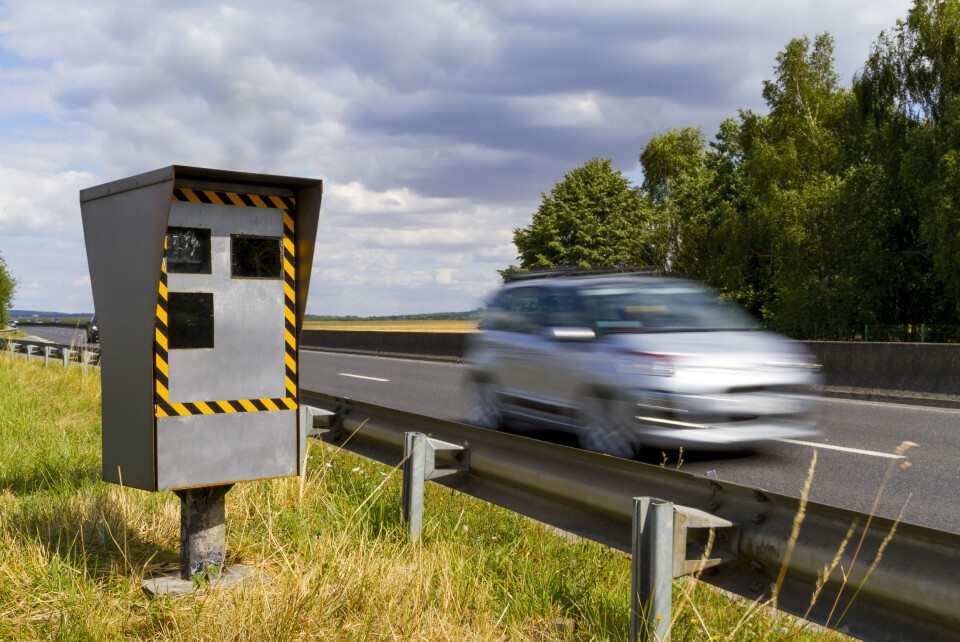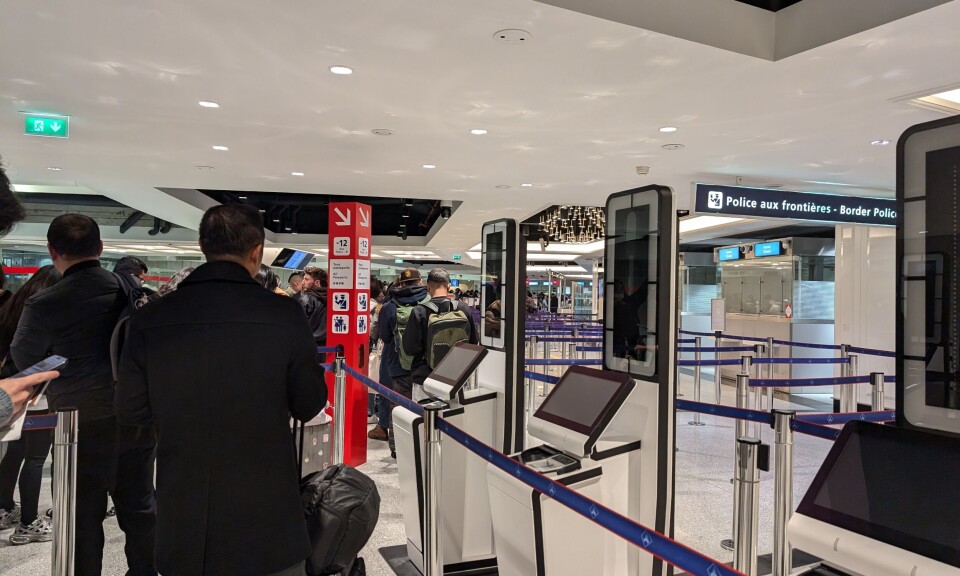-
Pension age reform in France: New poll shows support for a return to age 62
Employers' organisations and trade unions are currently meeting to discuss the subject on the orders of Prime Minister François Bayrou
-
Mystery of jewels found buried under communal wall in Dordogne
The gold rings, pearl brooches and diamond encrusted bracelets were discovered by a local association
-
Try a different way to cross UK-France the Channel - a sailing catamaran ferry
Passengers will be able to help sail the boat once out of the harbour
Mairies could decide where to put local speed cameras under new bill
The so-called ‘3Ds bill’ came out of the national consultation process which was launched following gilets jaunes protests in winter 2018-2019

A huge package of laws related to decentralisation in France is reaching its final stages in parliament. If passed, it could result in such measures as mairies being able to install their own local speed cameras.
The so-called ‘3Ds’ bill came out of the nationwide consultation process launched by the government after the gilets jaunes protests of winter 2018-2019.
Ironically the gilets jaunes were (among other grievances) opposed to speed traps – yet the law might result in more radars being put in place.
What does the bill propose on speed cameras?
Currently, all decisions on where radars are placed are taken in Paris at national government level along with prefectures, which represent the national state in the regions and departments.
But under the bill, regional or departmental councils or mairies could choose to put in place their own cameras.
For now, municipalities, which have local police forces, can only trap speeders using hand-held cameras, which are expensive to buy and have to be certified every year, and require the physical presence of a police team every time they are used.
This could change but it is likely to be a delicate matter for local politicians, as most of the people in a commune are unlikely to support more speed traps which are seen by many in France as a tax on motorists.
The bill says that councils, whether local, departmental or regional, or intercommunal bodies, may install cameras on roads that are under their responsibility (this depends on the category of the road). However they need the approval of the prefecture and they must provide a study showing accident rates in the proposed spot, and must take into account cameras that already exist.
Details, such as how the local radar speed traps will process offenders, and even whether mairies will be able to keep some of the money from fines, remain to be clarified.
What else is in the ‘3Ds bill’?
The local radars are the most eye-catching part of the law, which still has to be passed by a mixed committee of MPs and senators, due to sit on January 27.
Another, related, aspect of what is a very complex collection of proposals, is a right for departmental, regional or metropolitan councils to take responsibility for some routes nationales in their area (usually the responsibility of the national state).
Other subjects include giving more power to the unelected communautés de communes intercommunal bodies, letting local councils take control of water supplies, giving departments and regions the power to appoint and pay school nurses, a trial into centralising the payment of RSA income support in some areas (currently the responsibility of departmental councils), rent controls, and rules on the proportion of social housing in a commune.
A proposal by the Senate to allow mayors to veto wind turbines and fix a minimum distance between them and homes was removed by the MPs as was, for example, a proposal to allow people to shoot wolves in certain areas designated as ‘protected’ against them.
Law criticised as too complicated
Debates on the law, whose full name is loi relatif à la différenciation, la décentralisation, la déconcentration et portant diverse mesures de simplification de l’action publique locale, have been carrying on in parliament for nearly a year, but have been overshadowed by concerns over Covid rules.
Where French media have referred to them, they have highlighted the discord between the law’s title referring to simplification, and the complexity of its contents.
Far-left party La France Insoumise has largely opposed the bill, saying that if it is passed, many measures will contradict a major environmental law passed just four months ago.
It is unclear if the law will pass the joint committee stage, as there are large differences in the versions voted through by the Senate and the Assemblée nationale.
If the joint committee cannot agree the law could be scrapped as there is unlikely to be enough parliamentary time to discuss further modifications before the presidential and parliamentary elections in April.
It would remain to be seen if its proposals would be resurrected under the next parliament and president.
Previous articles
First sound radar installed to catch noisy bikers
Private speed camera cars to arrive in Dordogne in April 2022
























